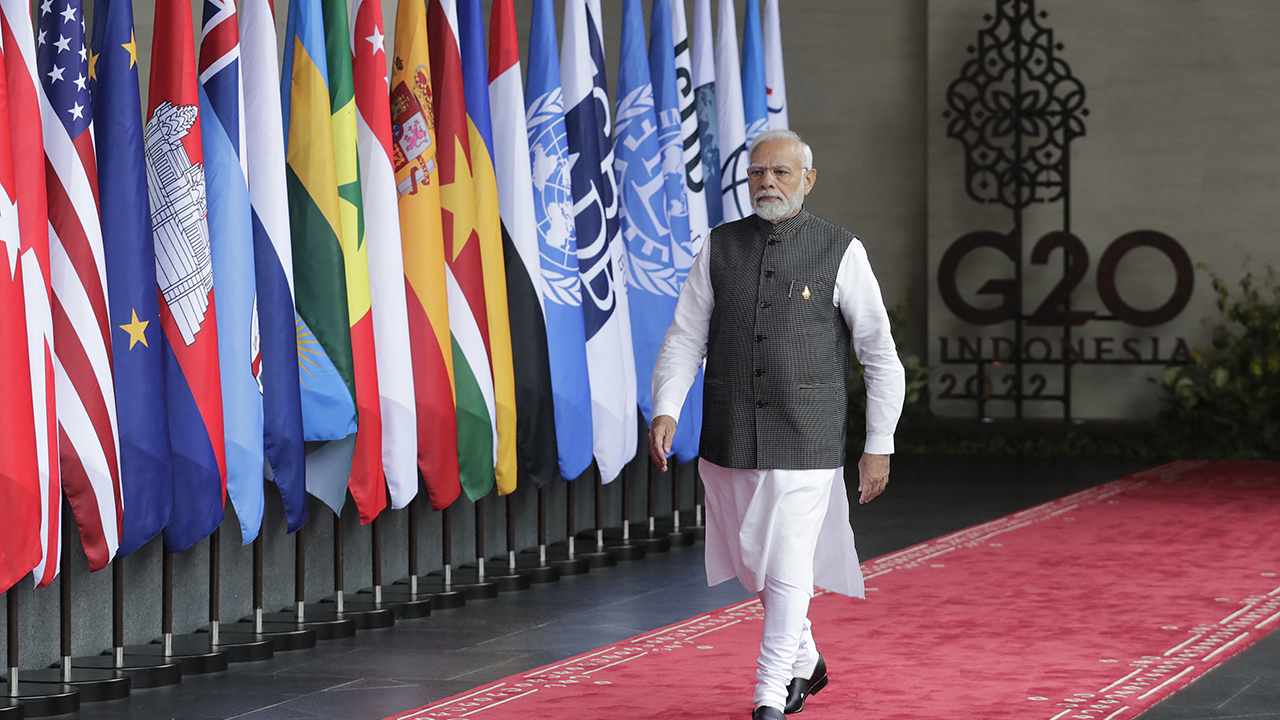Iraq and Public Opinion: The Troops Come Home
More than eight years after U.S. troops entered Iraq, the United States military – with the exception of a few troops connected with the U.S. Embassy – will leave the country by the end of 2011.
More than eight years after U.S. troops entered Iraq, the United States military – with the exception of a few troops connected with the U.S. Embassy – will leave the country by the end of 2011.
Overview Two decades after the Soviet Union’s collapse, Russians, Ukrainians, and Lithuanians are unhappy with the direction of their countries and disillusioned with the state of their politics. Enthusiasm for democracy and capitalism has waned considerably over the past 20 years, and most believe the changes that have taken place since 1991 have had a […]
Overview With much of the recent political focus on the ever-changing Republican presidential nomination race, Barack Obama’s job rating has improved modestly over the past month. And a majority of Americans continue to hold a favorable personal opinion of Obama. This is not the case for his main GOP rivals, whom he mostly bests in […]
American values differ from those of Western Europeans in many important ways. Most notably, Americans are more individualistic and are less supportive of a strong safety net than are the publics of Spain, Britain, France and Germany. However, Americans are coming closer to Europeans in not seeing their culture as superior to that of other nations.
Overview In the last four national elections, generational differences have mattered more than they have in decades. According to the exit polls, younger people have voted substantially more Democratic than other age groups in each election since 2004, while older voters have cast more ballots for Republican candidates in each election since 2006. The latest […]
The Tea Party has emerged as a political force on domestic issues, especially the national debt and the size and role of the federal government. Republican supporters of the Tea Party movement also have a distinct approach to national security and America’s role in the world. Tea Party Republicans favor an assertive foreign policy, are […]
As the U.S. marks the 10th anniversary of the longest period of sustained warfare in its history, the vast majority of veterans of the post-9/11 era are proud of their military service and say it has helped them mature as human beings.
Americans express mixed opinions about a possible independent Palestinian state, an issue that has so far drawn little attention from the press or the public. More favor (42%) than oppose (26%) the United States recognizing Palestine as an independent nation, while nearly a third (32%) express no opinion. Yet the public’s sympathies in the Middle […]
Across 12 countries, a median of 40% of adults say they have no confidence in Indian Prime Minister Narendra Modi to do the right thing regarding world affairs. About eight-in-ten Indians have a favorable view of Modi.
Majorities in most countries say China does not take into account the interests of other countries in its foreign policy, and China does not contribute to global peace and stability.
Across 24 countries, large shares have an unfavorable view of Russia and no confidence in Putin to do the right thing regarding world affairs.
Overwhelmingly, people believe the U.S. interferes in the affairs of other countries, but most also believe the U.S. contributes to peace and stability around the world. U.S. President Joe Biden receives mostly positive reviews.





